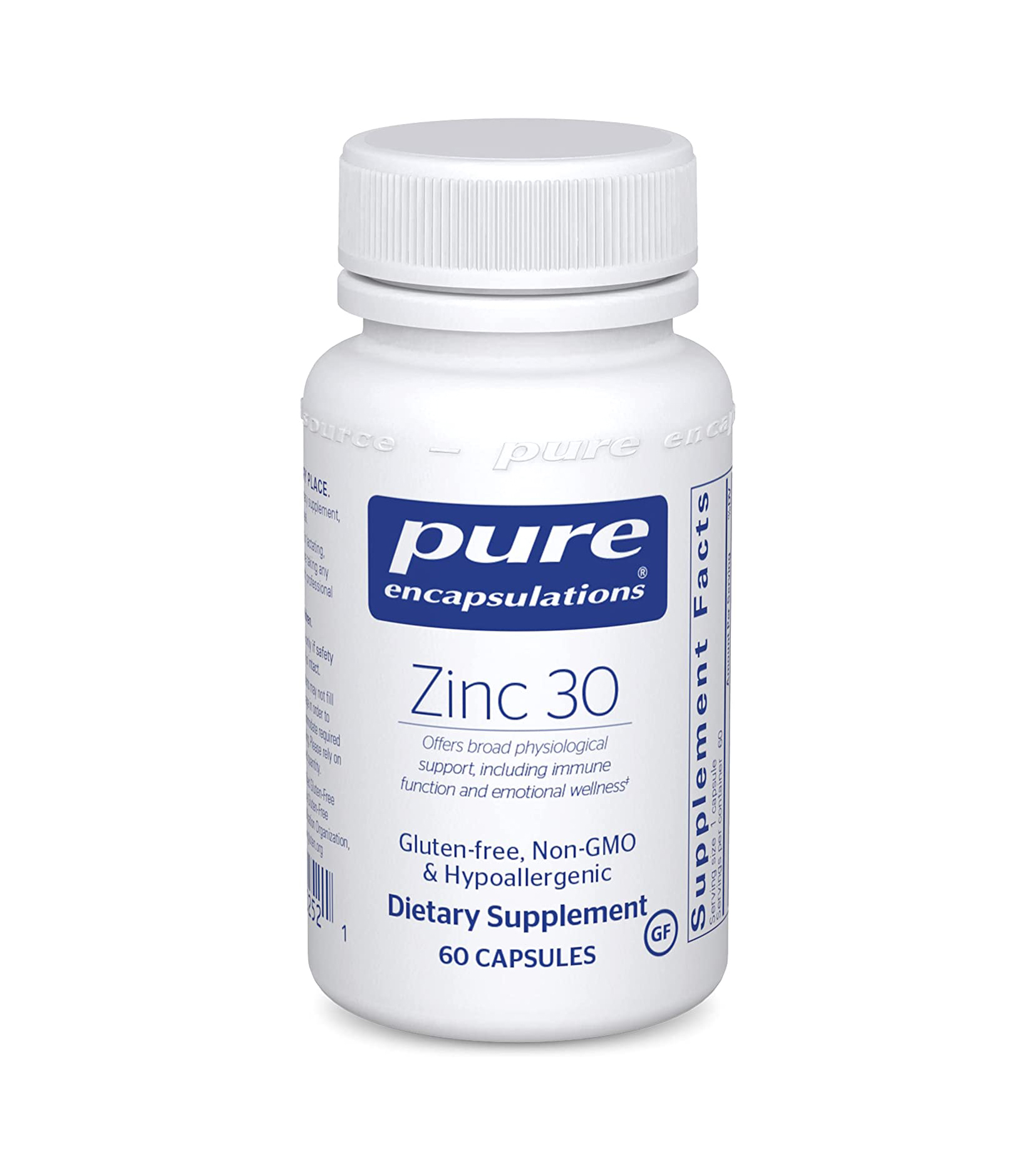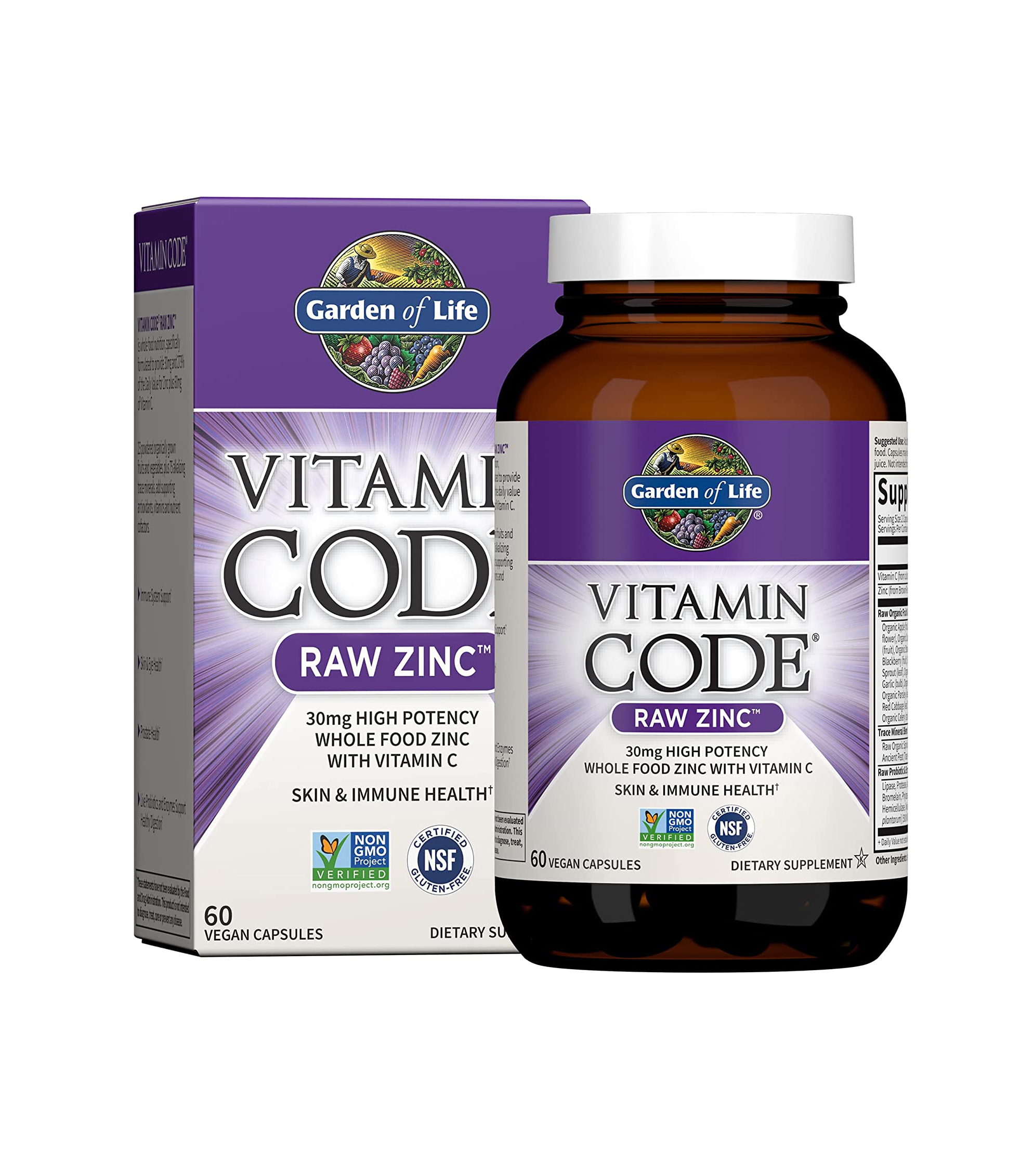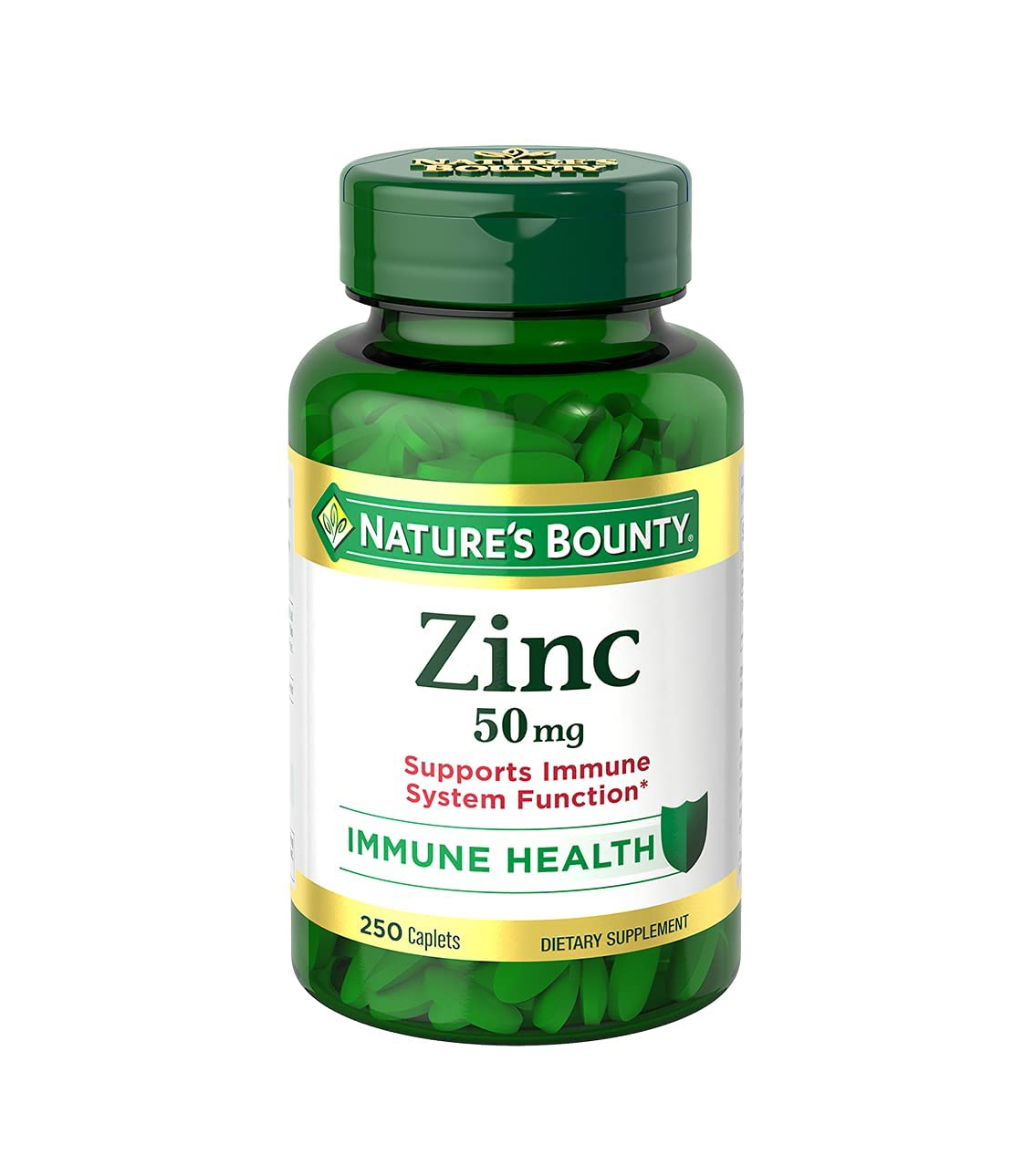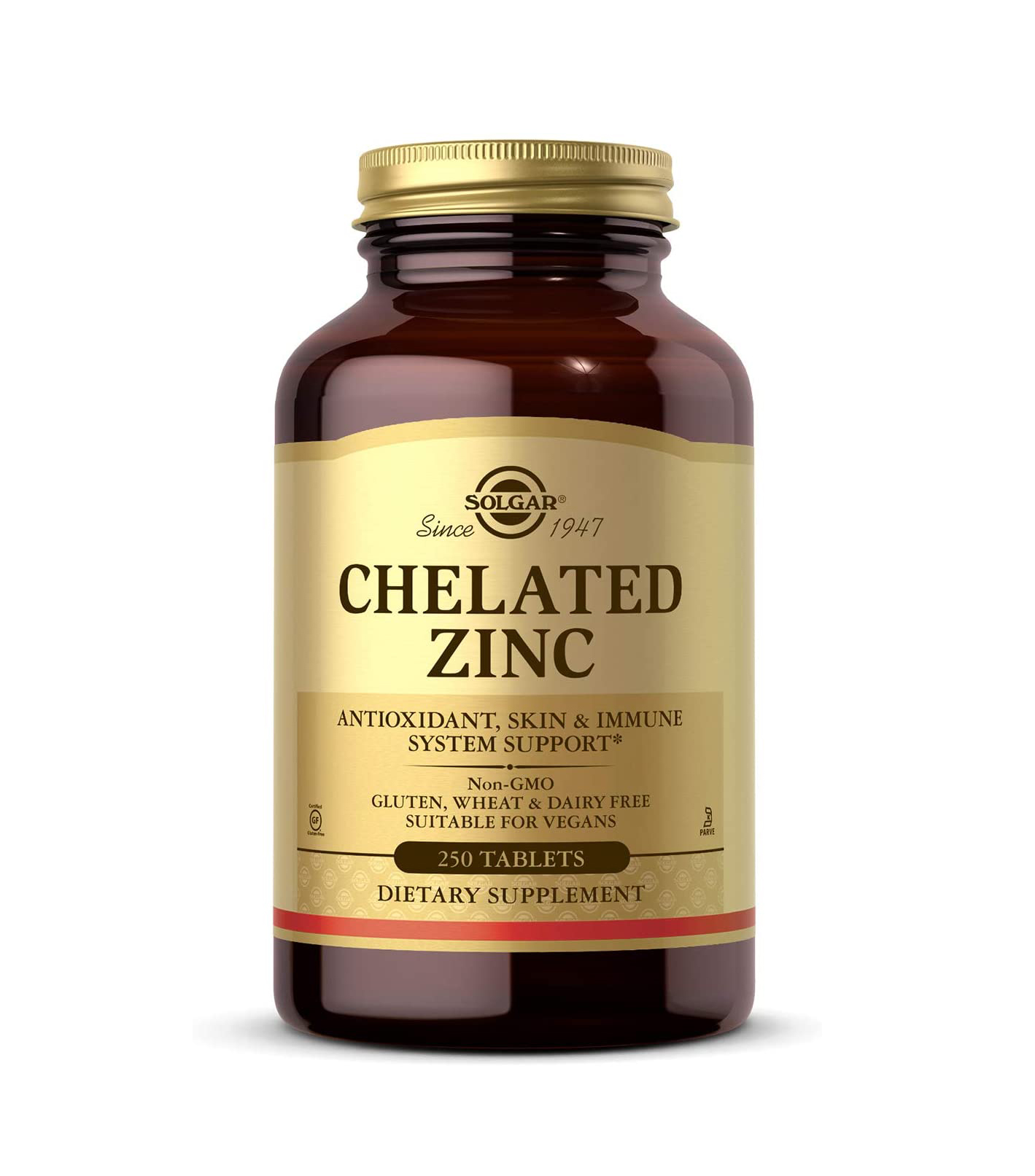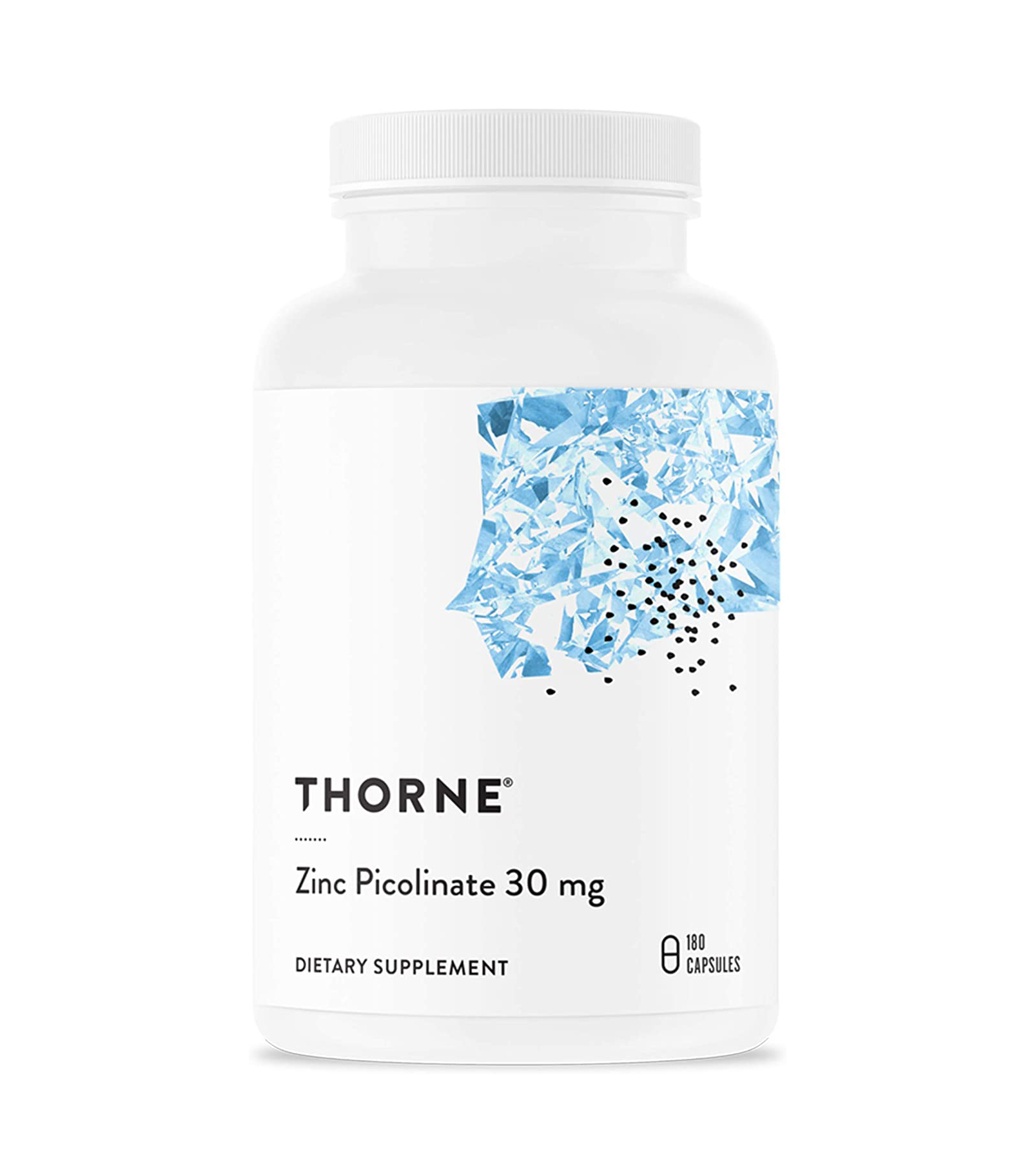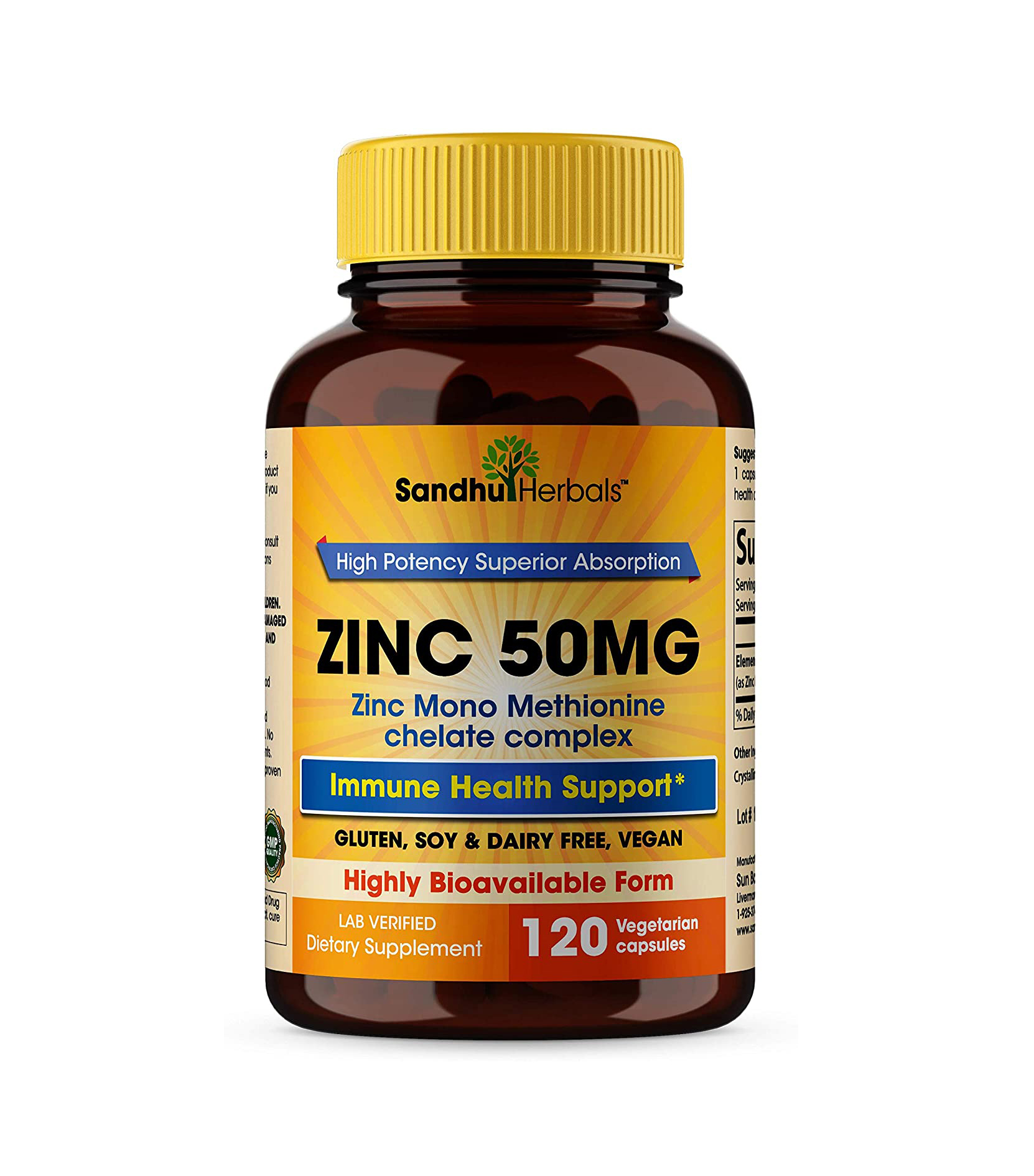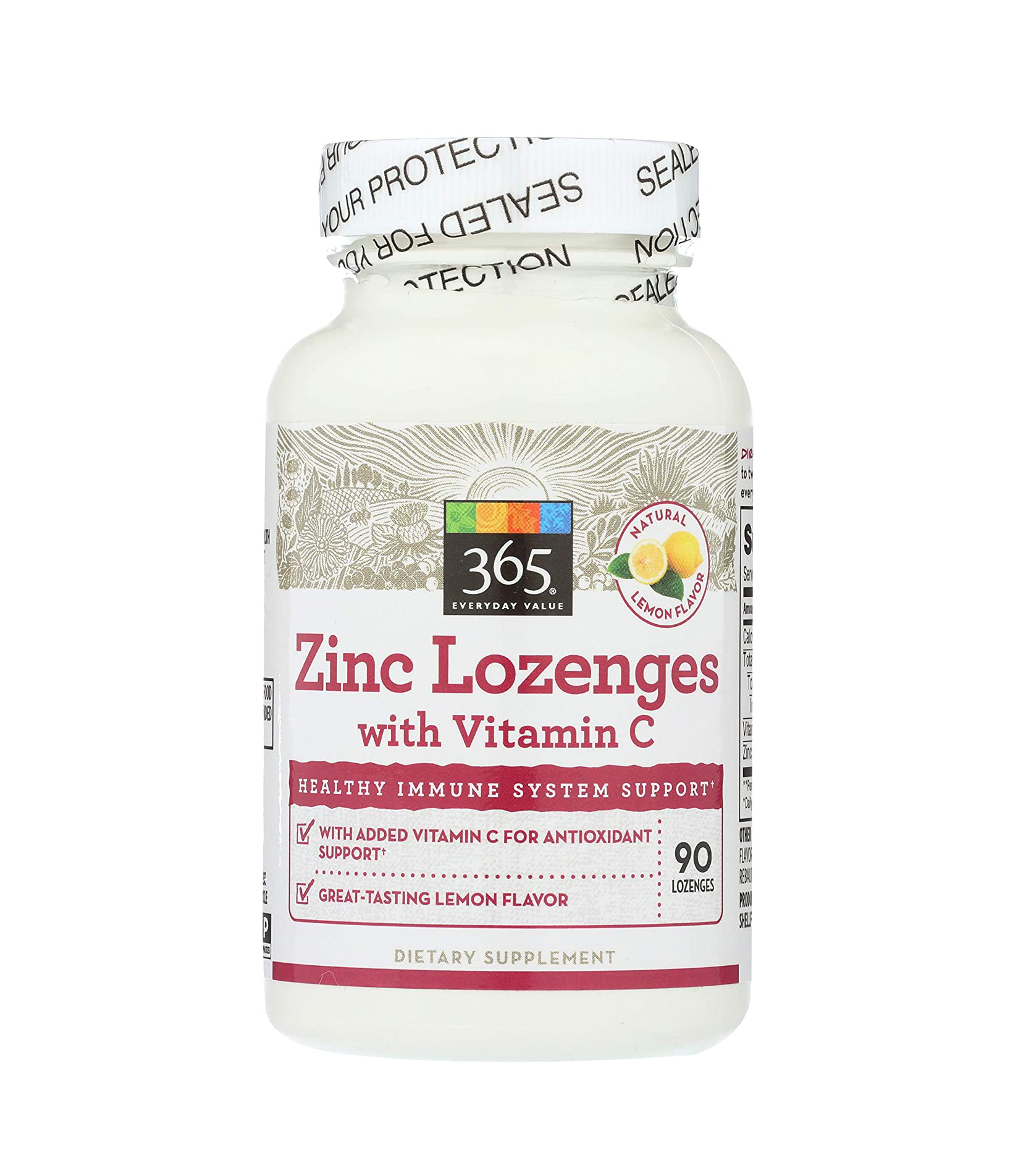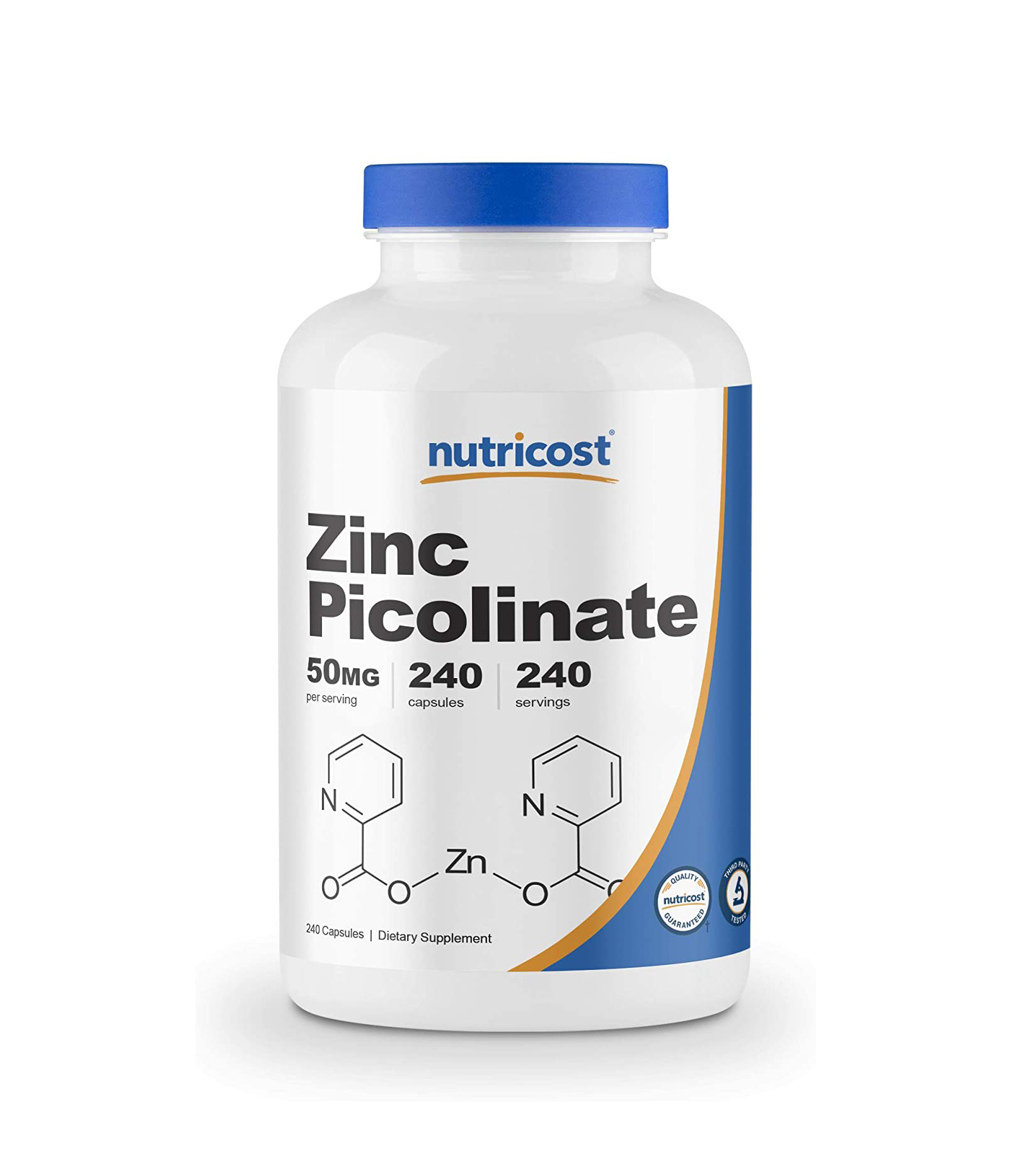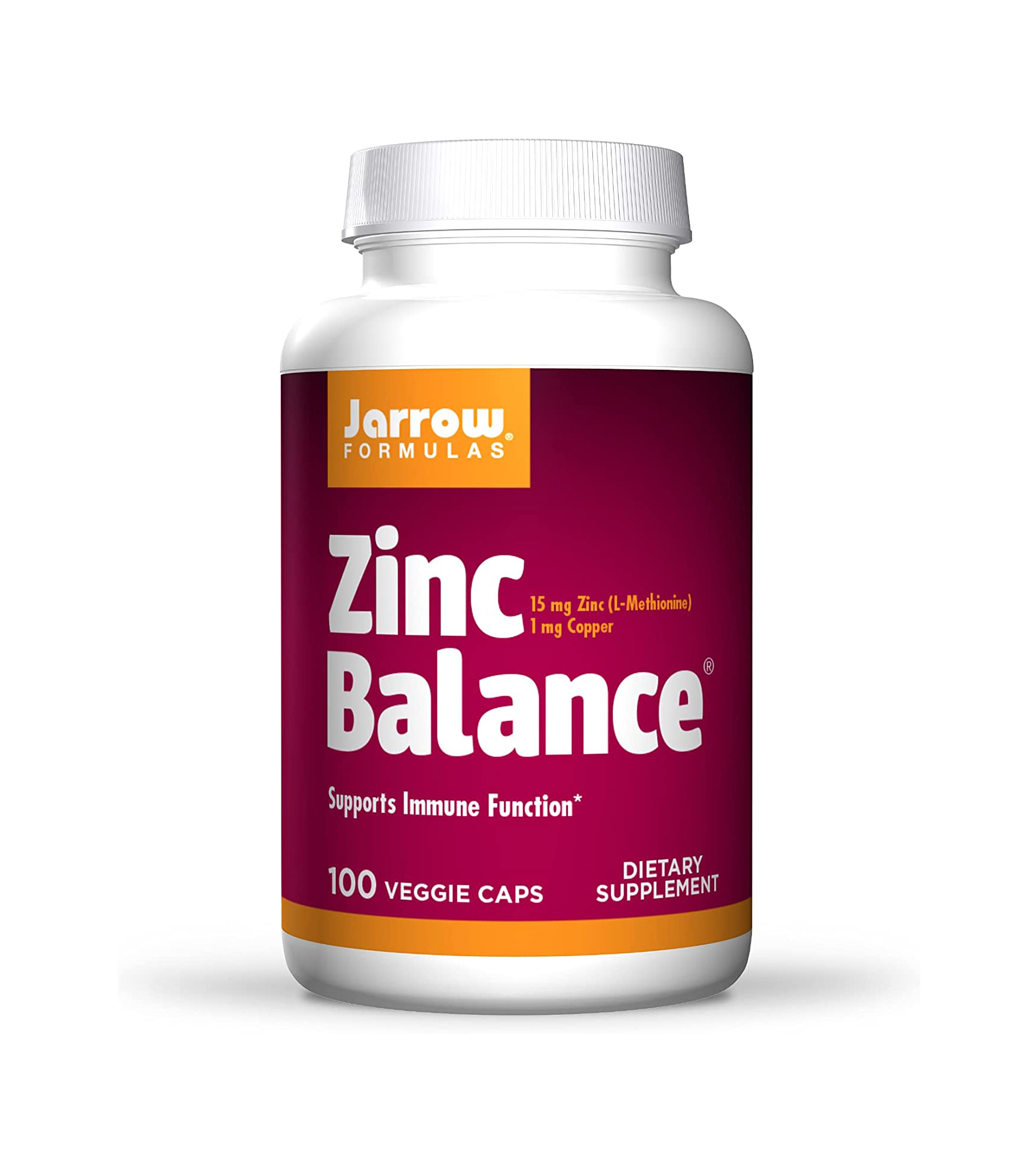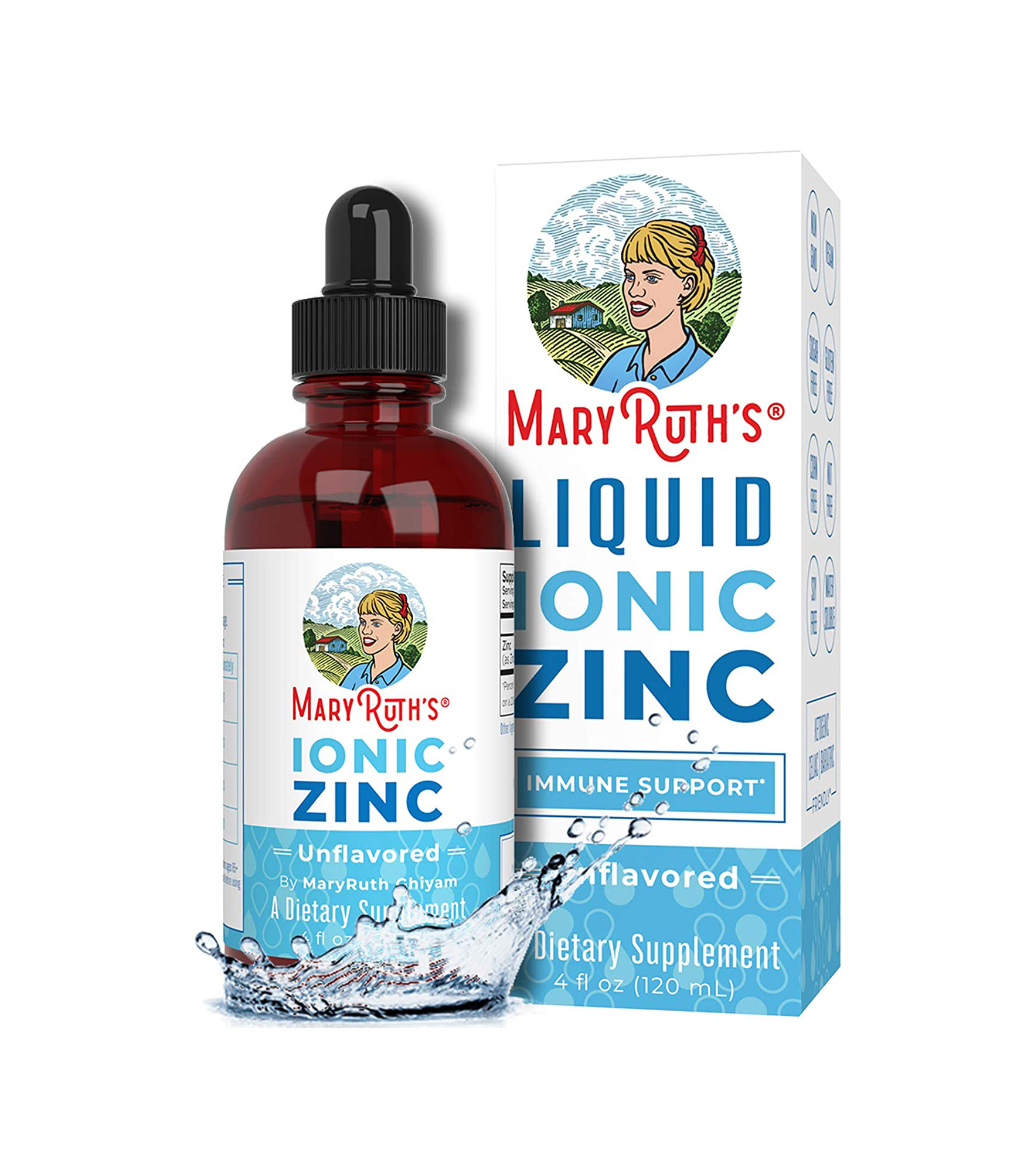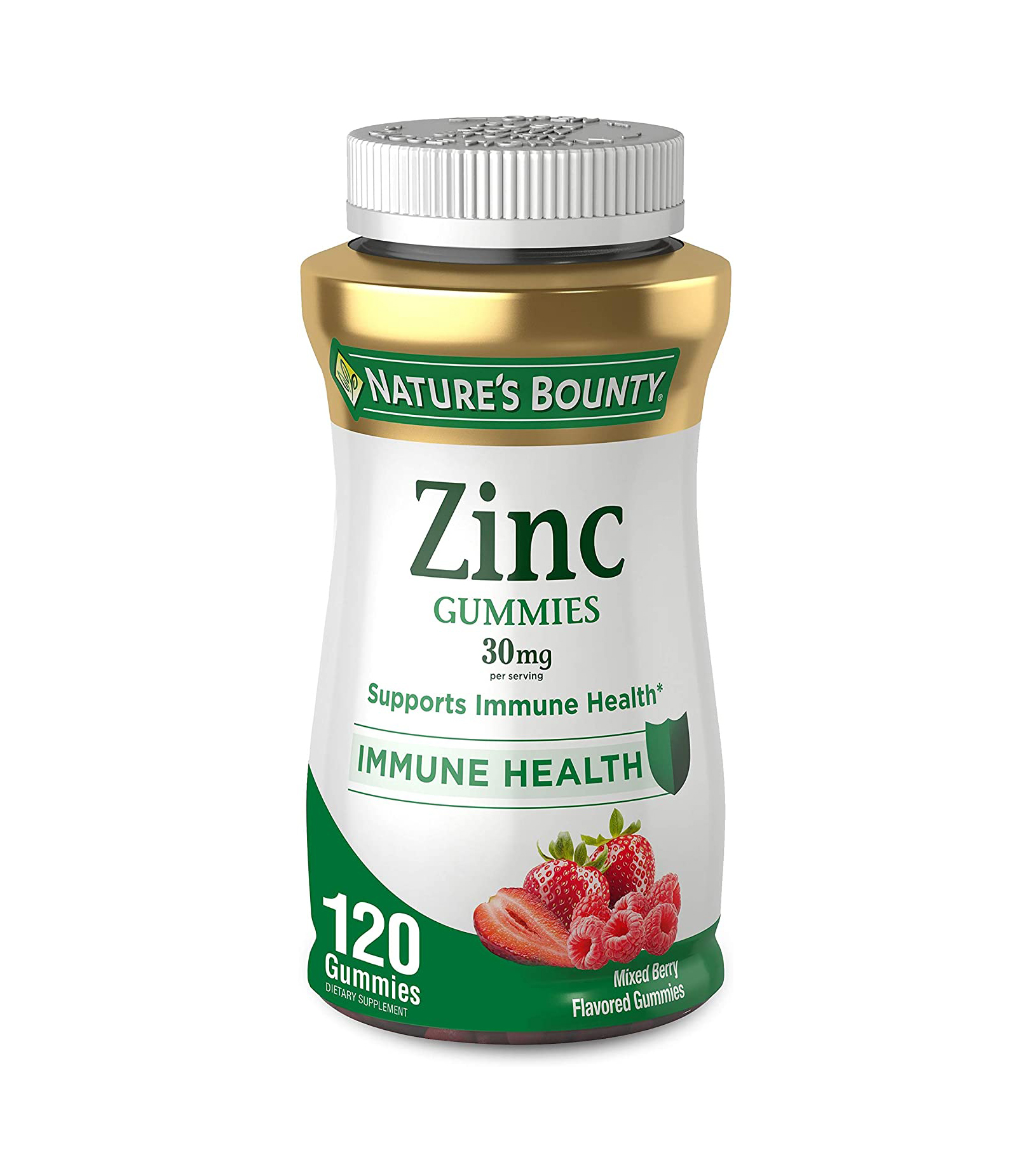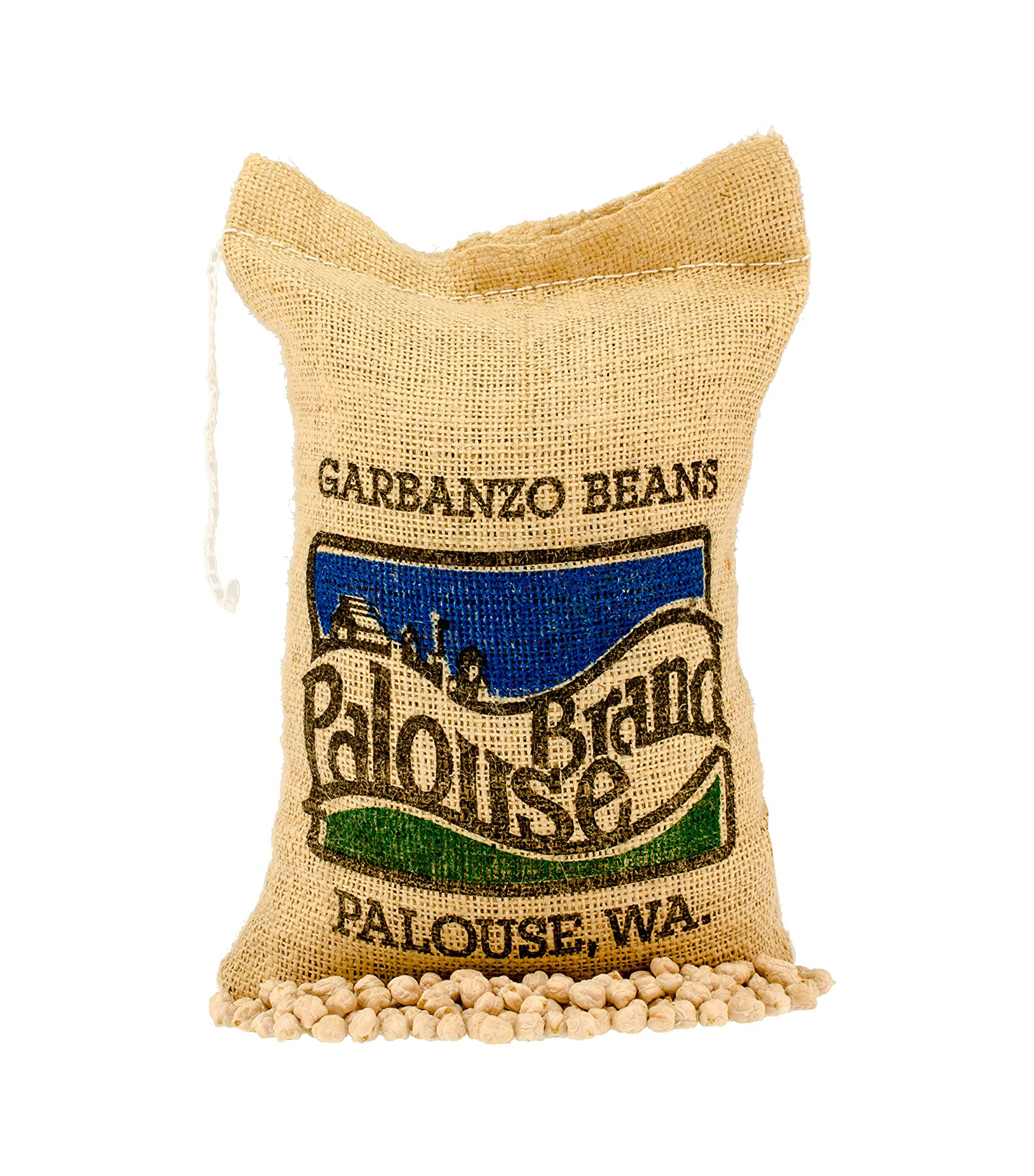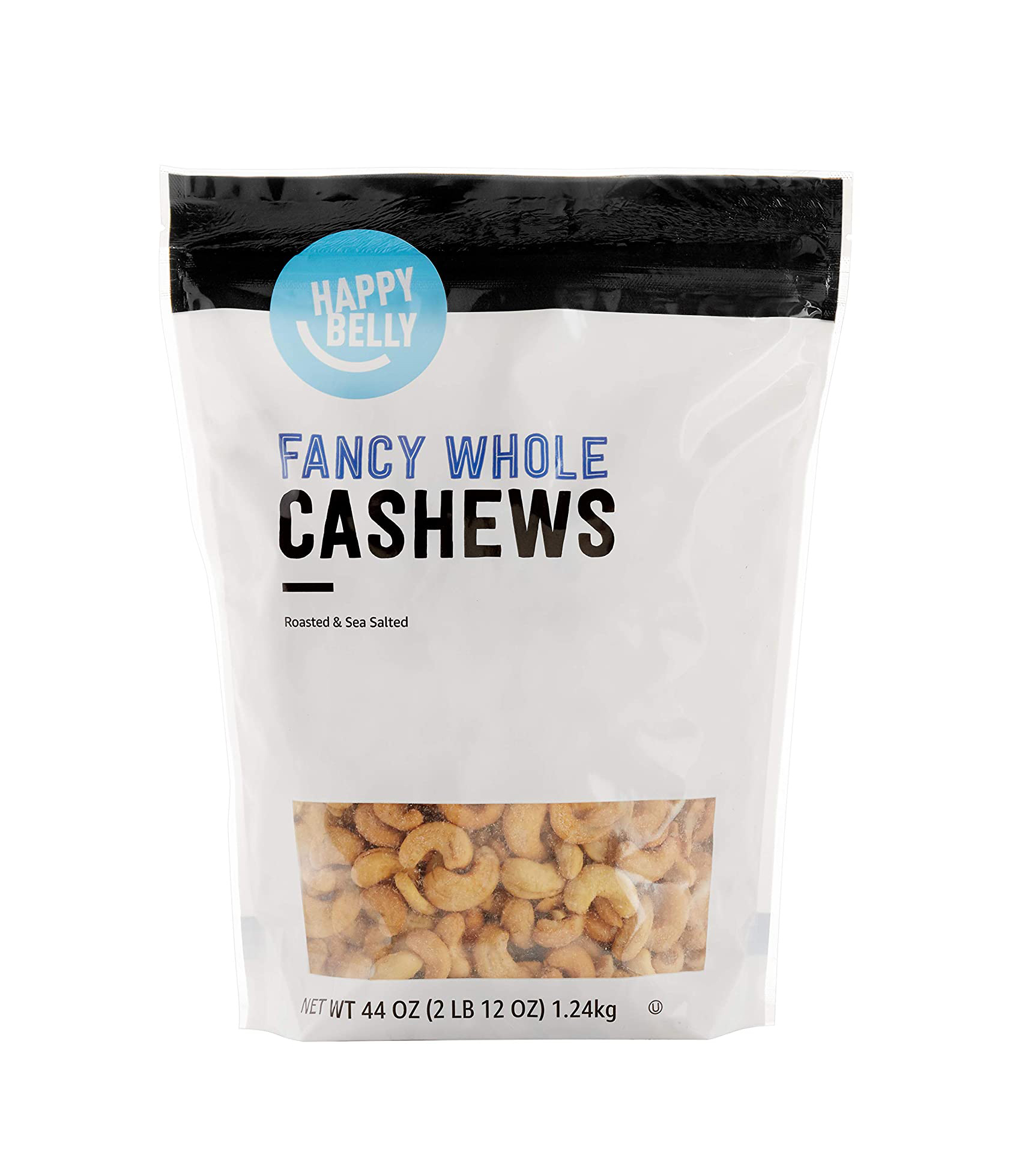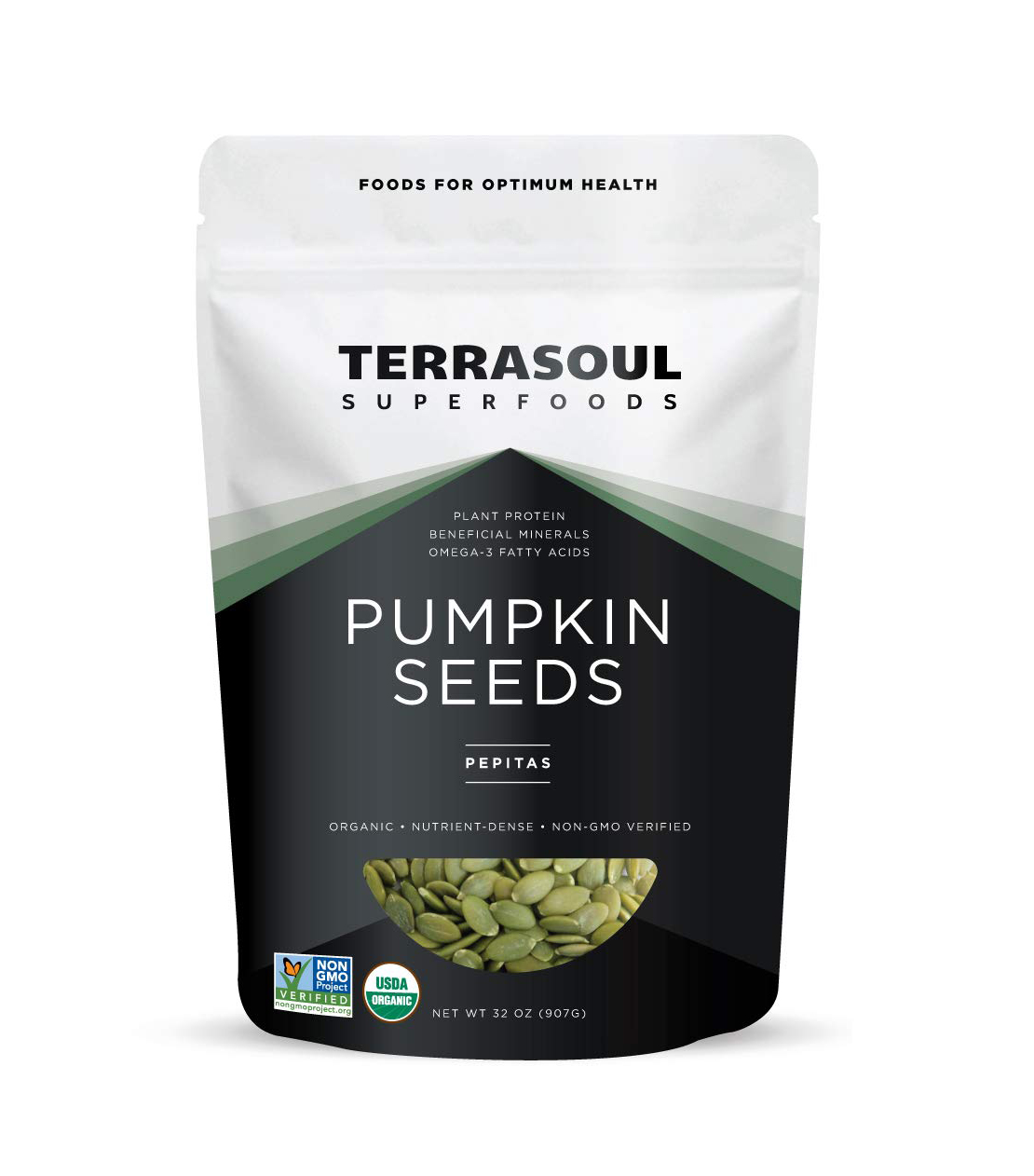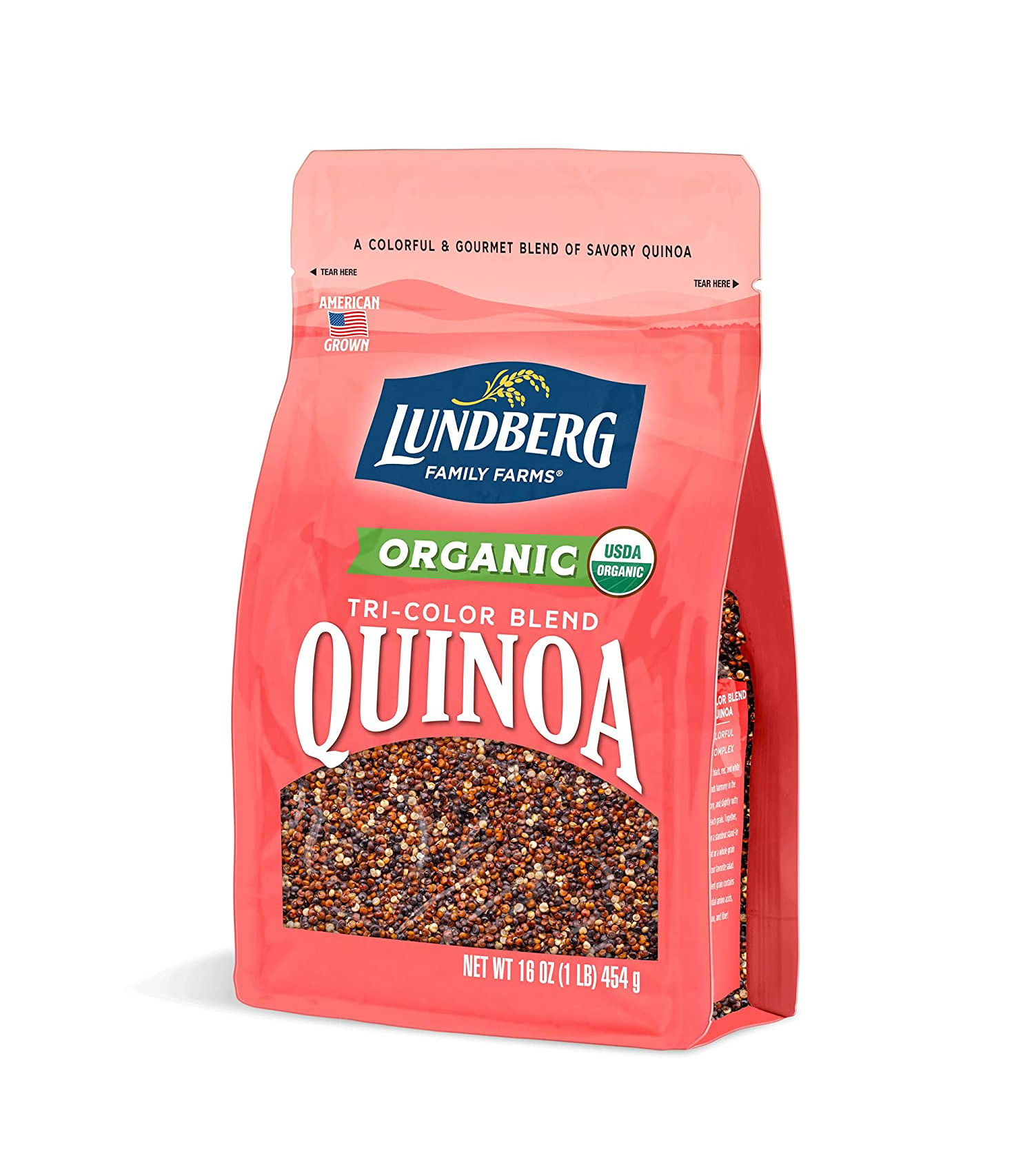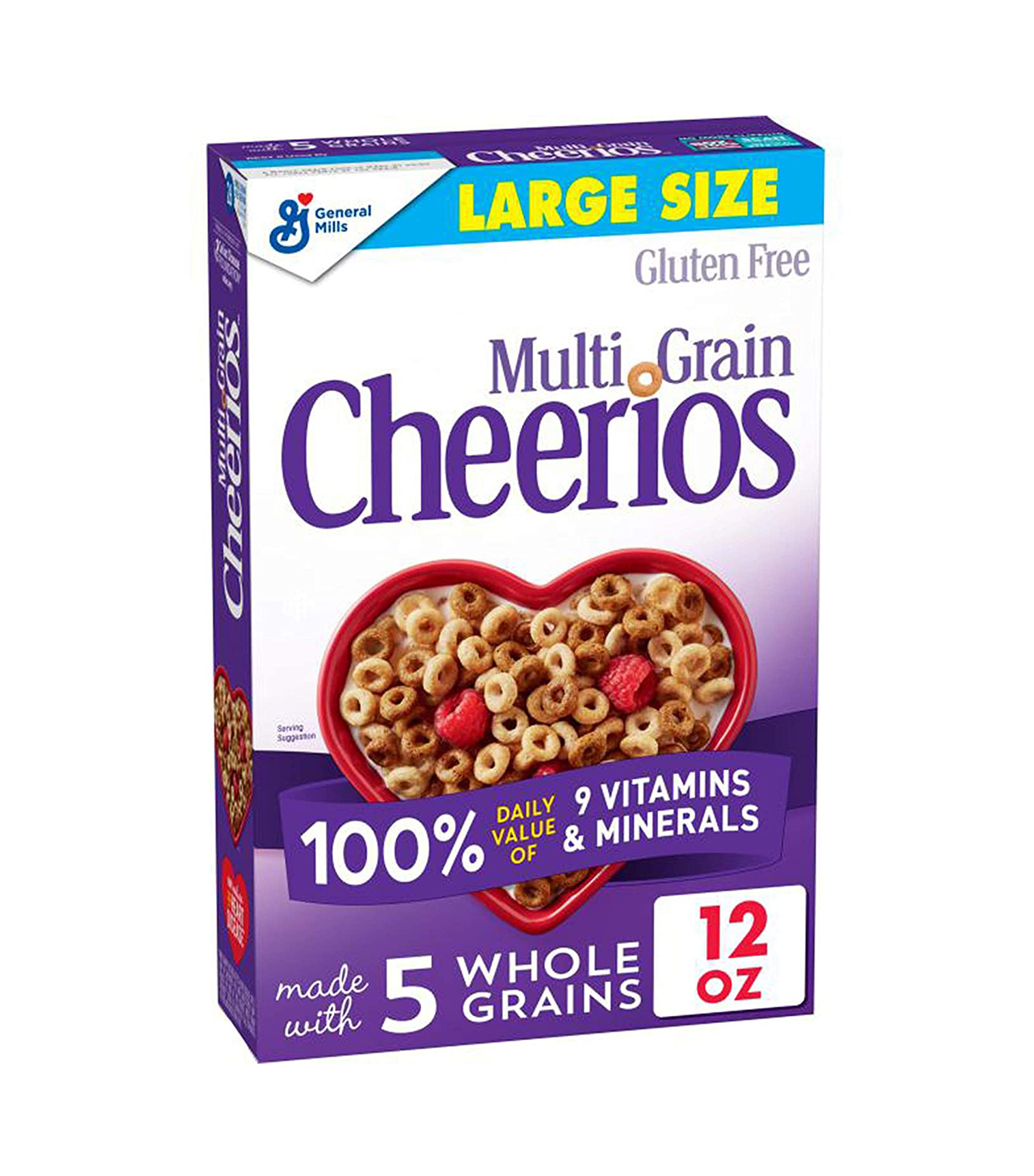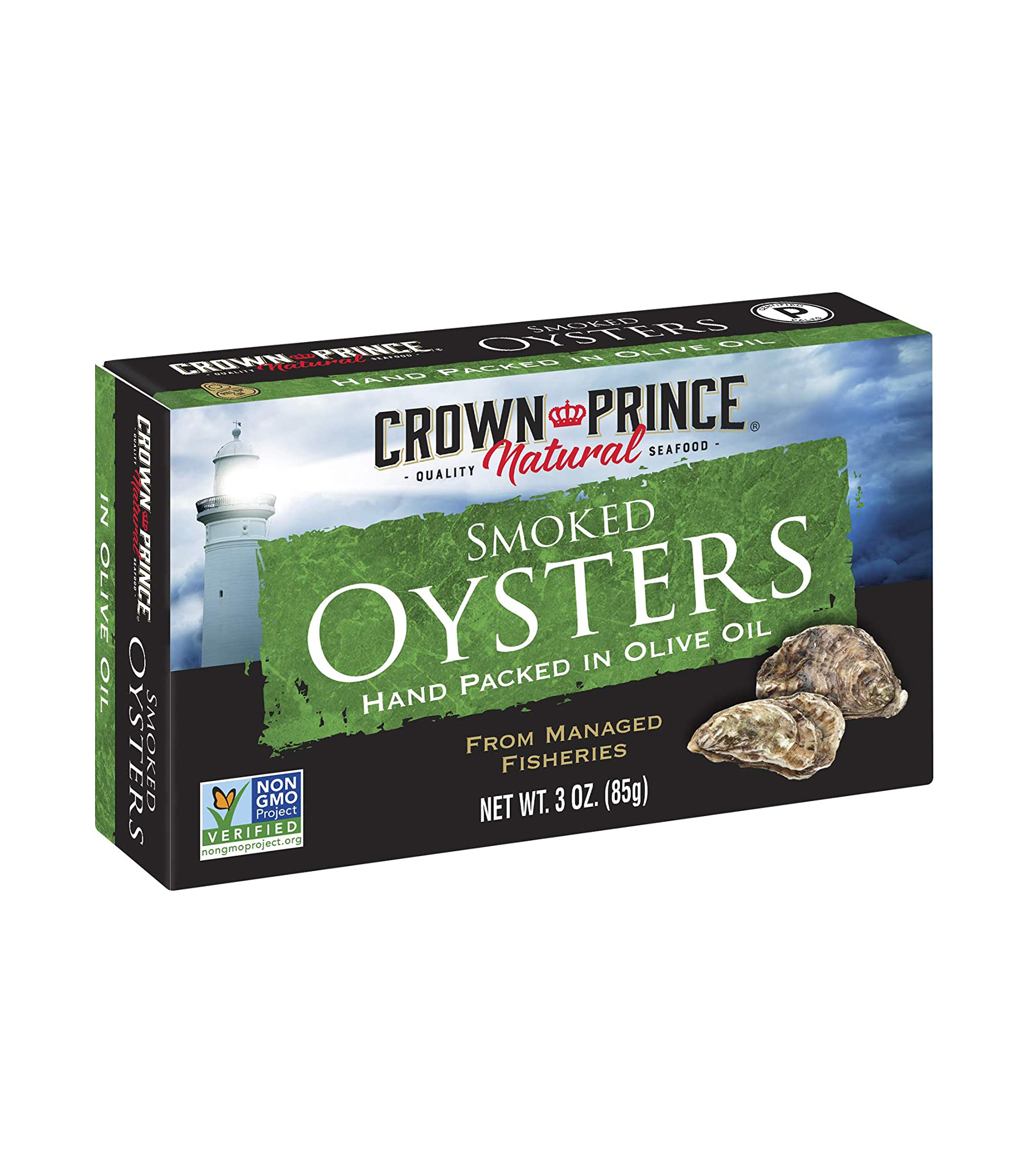This Is the Essential Mineral You Need for Immune Health
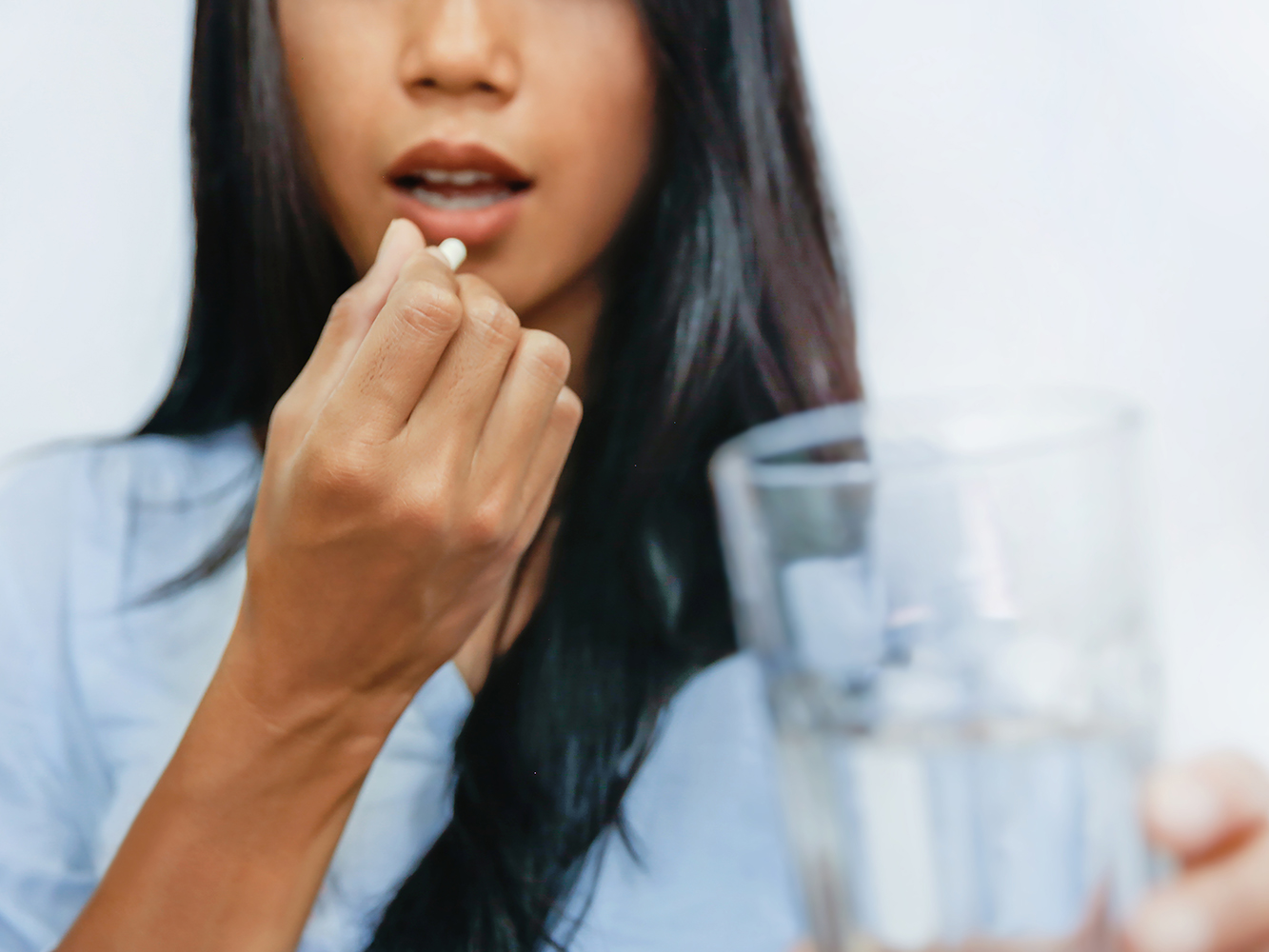
One of the most important nutrients for immune health is zinc. According to Harvard Health, since zinc is a trace mineral, your body only needs a small amount, but it's necessary for almost 100 enzymes to carry out vital chemical reactions. The mineral plays a role in the creation of DNA, growth of cells, building proteins, healing damaged tissue, and supporting a healthy immune system. It's essential for both your immune system and metabolism. The Mayo Clinic says it's also important for wound healing and your sense of taste and smell. And it has some skincare benefits, too.
So, yeah, it's pretty much a VIP nutrient for your body. The good news is that zinc deficiencies are not very common in North America. You can get zinc through your food if your diet is well-balanced and varied. The recommended daily amount of zinc for adult women is 8 milligrams, and for adult men, it's 11 milligrams.
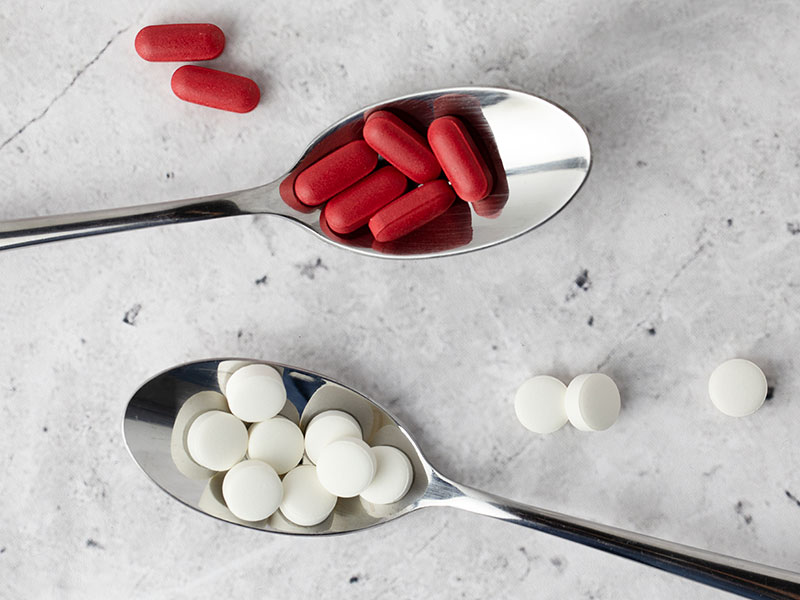
There are some times when you might have to take zinc in supplement form if you're not getting enough of it through your diet. Speaking to your doctor and/or a dietitian can help you figure out if you're not getting enough of the mineral.
It's important to note that you should consult with a healthcare professional first before taking zinc because too much of it can have some adverse effects. If you're getting too much zinc, you can experience symptoms like nausea, vomiting, loss of appetite, stomach cramps, diarrhea, and headaches. And if overconsumption is prolonged, you might have low copper levels, lower immunity, and low levels of HDL cholesterol (the "good" cholesterol). Zinc can also interfere with some medications, so again, check with your doctor first.
But if you do need to take a zinc supplement, take a look at these highly rated options below.
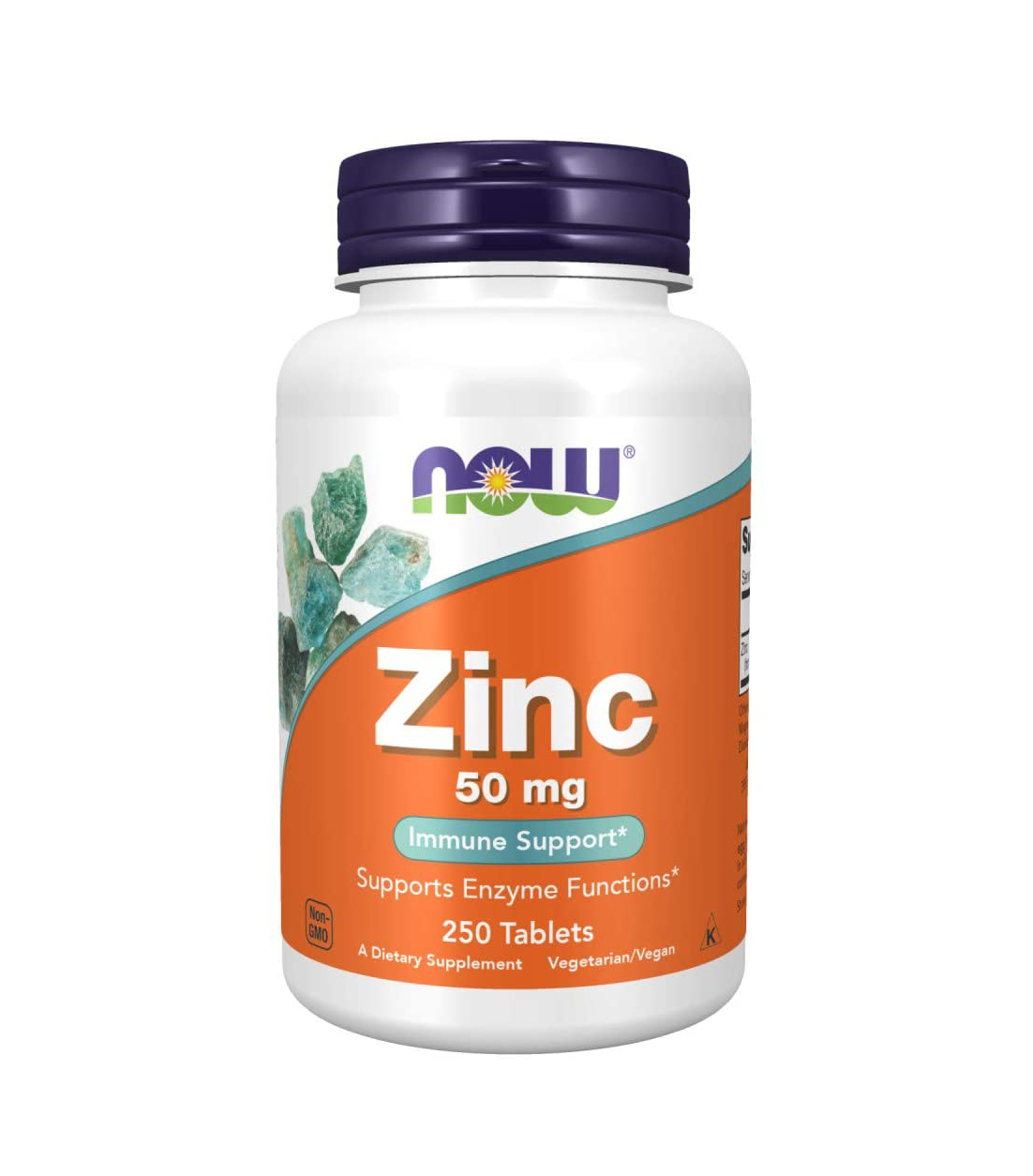
NOW is an expert-recommended supplement brand because it's trusted and has high-quality ingredients. Its zinc formula is vegan, soy-free, kosher, non-GMO, halal, and sugar-free.
Foods With Zinc
And if you want to update your diet to ensure you're getting more zinc, try adding these zinc-rich foods to your meal prepping.
Legumes
Legumes are vegetarian-friendly sources of zinc. Though, according to Harvard Health, they do contain phytates, which might lower its absorption.
Nuts and Seeds
Seeds and nuts (like cashews, almonds, and pumpkin seeds) also contain high amounts of zinc.
Whole Grains
Like legumes, whole grains are sources of zinc, but they contain phytates, too.
Fortified Breakfast Cereals
According to the National Institutes of Health, many ready-to-eat cereals are fortified with zinc.
Shellfish
Shellfish, like oysters, crab, and lobster, are also good sources of zinc.
Next: The Nutrient to Add to Your Diet for a Stronger Immune System
This article is provided for informational purposes only and is not intended to be used in the place of advice of your physician or other medical professionals. You should always consult with your doctor or healthcare provider first with any health-related questions.
Sarah is lifestyle writer and editor with over 10 years of experience covering health and wellness, interior design, food, beauty, and tech. Born and raised in Los Angeles, she attended New York University and lived in New York for 12 years before returning to L.A. in 2019. In addition to her work atBest Knockoff Luxury Clothing , she held editor roles at Apartment Therapy, Real Simple, House Beautiful, Elle Decor, and The Bump (sister site of The Knot). She has a passion for health and wellness, but she especially loves writing about mental health. Her self-care routine consists of five things: a good workout, “me” time on the regular, an intriguing book/podcast/playlist to unwind after a long day, naps, and decorating her home.
